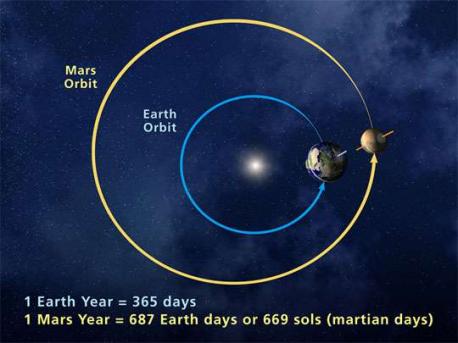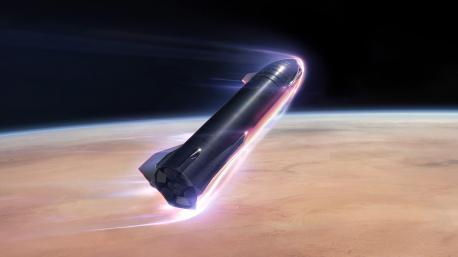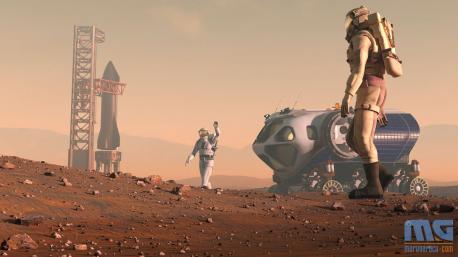We’re excited to share that we’ve updated the Tellwut site to make it simpler, clearer, and easier to use. We understand that initially it will be difficult to digest all the changes but as said by Alan Watts:
"The only way to make sense, out of change is to plunge into it, move with it, and join the dance."
What’s New/Changed!
- Offers: We have added new offerings where you can download apps and complete certain events to earn points, from various categories i.e., Games, Lifestyle, Shopping, Sports, Travel, Utilities etc. Please don’t forget to select your preferred device type to see the right offers.
- Improved Surveys Wall: We have added new pages with certain filters for easier access within certain categories:
- Best Match: On this wall projects are sorted based on surveys that are closer match to your profile
- Short Surveys: Surveys are sorted based on length of survey i.e., Low to high
- Most Points: Surveys are sorted based on points i.e., high to low
- Tellwut Social: This section is your go to for all your personal activities, i.e., Member polls (My Surveys/Create surveys, Most recent, Most popular), My friends, Tellwut blogs etc.
- Easier access: We have added a top bar menu which gives you easier access to personal messages, balance page and notifications, e.g., to visit your balance page just click on the points icon at the top right of your page.
- All other pages: We have moved all other pages i.e., Sweepstakes, FAQ, Contact us etc., under the more option on the left bar menu.
- Referrals: Our new referral programs allow members to get 10% (Lifetime) of their friends’ earnings.
For indepth information, please check the tellwut blog: https://www.tellwut.com/blog/tellwut-has-a-fresh-new-look
Thank you for being part of Tellwut and for helping shape where we go next.
The Tellwut Team





Comments